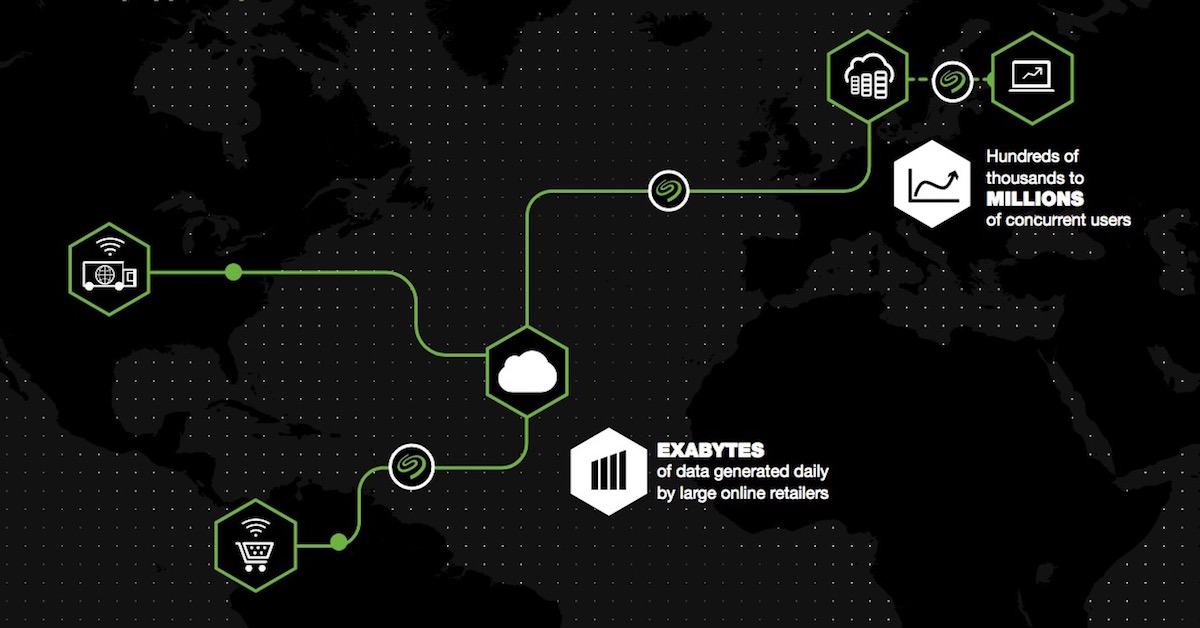Facebook’s Open Compute Project (OCP) has changed the way many IT leaders think about data center infrastructure. The promise of OCP lies in customization – organizations can select and implement individual, standardized hardware components. As Network World reported, businesses such as Google and Rackspace have adopted the OCP approach to build massive data centers that are designed to fulfill their specific needs.
“This ‘disaggregation’ of hardware allows one company to have a system that is optimized for high-storage capacity with low CPU, for example, while another company could customize the hardware for intense reading capabilities, but low writing,” the news source stated.
This contrasts with another data center design philosophy that has benefited from continued momentum. The “data center in a box” approach relies on systems that consist of hardware components put together by a technology vendor. Companies turn to this method for simplicity, since they do not have to consider infrastructure on an individual component level. The complexity of building OCP data centers has also been a prevalent concern among small and mid-sized organizations that may not have the resources to customize hardware to that extent. Network World observed that issue may be changing as OCP becomes more widely adopted.
Open Compute targets a larger audience
Frank Frankovsky, OCP founding member and Facebook vice president, told the news source that the ultimate goal for Open Compute is to make the strategy feasible for organizations of all sizes. OCP is currently working with third-party integrators to make it easier to set up its systems, and it is likely that designs will emerge that are directed toward a variety of price points. This is good news for companies leveraging cloud infrastructure as it ultimately means more options for customizing hardware in response to specific demands.
Facebook has showcased the value of Open Compute, leading by example. The company launched the Open Compute Project approximately two years ago, with the company’s Prineville, Oregon data center serving as a prominent use case for the strategy. Facebook has since continued to rely on the infrastructure design principles it set forth, with a new data center opening in Lulea, Sweden. CIO Today highlighted several of the facility’s advantages, which include:
- Runs on 100 percent renewable energy
- 70 percent reduction in the number of backup generators needed
- Relies on free air cooling
- 1.07 average power usage efficiency
“Where the Open Compute Project diverges from that a bit is that Facebook’s idea was to create a design for servers that they then released into the wild as an open source project and invited other companies to contribute to and use,” Pund-IT analyst Charles King told the news source. “The idea was if you came up with a single design for a server that both manufacturers and users could get on board with, it would break down a lot of the barriers.”
King further explained that open design addresses the issue of incompatibility. By leveraging standardized components, organizations can avoid vendor lock-in. OCP data centers do require a more hands-on approach, but the highly customizable infrastructure often drives operating and procurement costs down. It also allows organizations to better align their hardware investments with IT strategy. In Facebook’s case, this has pushed the green computing envelope further. While Facebook’s decision to build highly efficient data centers using the OCP approach is self-promotional, King noted that such efforts are still noteworthy movements in the technology industry.
Increased interest for open standards among both software and hardware vendors signals a demand for IT investments to more closely align with overall business strategies. With more decision makers shifting away from one-size-fits-all approaches, there will likely be a focus on highly customizable solutions at every stack of the data center.
The Open Compute Project is a Seagate Cloud Alliance partner.







